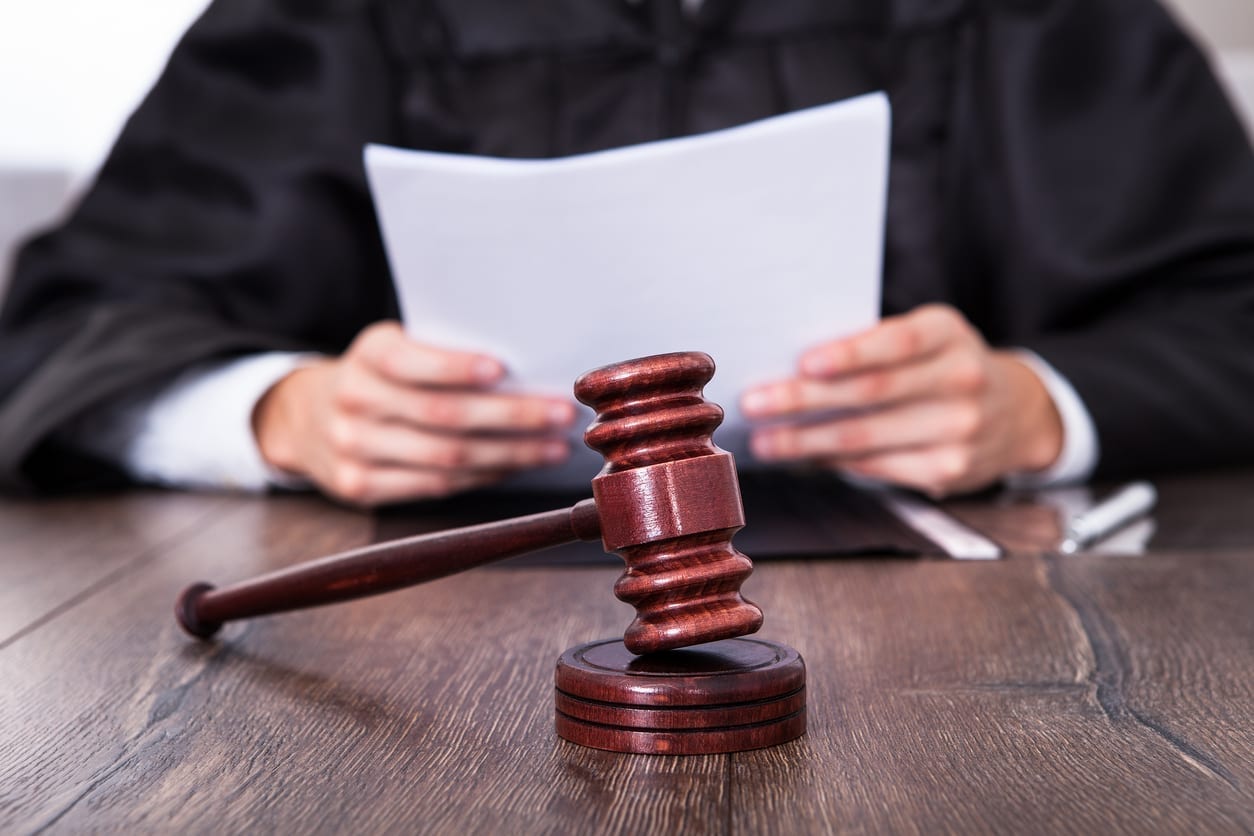If you are indicted, you are given formal notice that you are accused of a crime. The indictment provides basic information about the criminal charges brought against you. A prosecutor can charge you with a crime without indicting you. But they cannot indict you without charging you with a crime. In all but two states and the federal system, a grand jury makes the decision whether to indict someone. But whether a grand jury hearing is necessary depends on where you are located.
What is an indictment?
An indictment formally notifies you that the government has accused you of a crime. An indictment provides basic information about the criminal charges against you. In federal cases, an indictment comes from a grand jury for all felony charges. This is true in some states as well. For most low-level criminal charges like misdemeanors, however, most state systems and the federal system don’t require a grand jury.
A grand jury consists of between 16 to 23 members of the general public. At a grand jury hearing, the prosecutor presents evidence to those members. It is just the prosecution, not the defense, that presents a case to a grand jury. The grand jury then decides whether to indict someone. Usually, 12 of the 16 to 23 jurors must agree to indict someone before the government will do so.
Is an indictment the same thing as an information?
No. In some federal and state cases, the prosecution will rely on grand juries to indict a criminal defendant. The indictment provides basic information about the criminal charges against you. A grand jury makes the decision whether to indict someone.
Conversely, an information (sometimes also called the “felony information”) is the formal notice that is provided to state-court defendants after they are bound over for trial. If a judicial officer, usually a magistrate judge, believes that there is enough evidence to allow the charges against you to move forward, an information is issued. An information is often identical to a complaint, the original charging document in most state-court cases. However, grand juries never issue a complaint or an information.
Are grand jury hearings and preliminary hearings the same thing?
No. A grand jury hearing is quite different from a preliminary hearing. In a grand jury hearing, a defendant and their attorney are not present. Instead, the prosecution presents its evidence to more than a dozen members of the public. Those individuals decide whether or not the prosecution should charge someone.
A preliminary hearing (sometimes called a “preliminary examination”) takes place after criminal charges. At a preliminary hearing, the prosecutor must prove to a judicial officer that it has enough evidence for the case to move forward. This usually means proving that it is more likely than not that you committed the crimes the government charged you with it.
Unlike grand jury hearings, preliminary hearings are open to the public. The defendant and their attorney are also present and can question witnesses, make arguments and even present evidence.

Do you always get an indictment when you are charged with a crime?
No. States do not have to use the grand jury or indictment process. But many states still do. For at least some criminal cases, about 48 states and Washington, D.C. use criminal grand juries. Of the 48 states that use indictments, 25 use indictments as an optional procedure. In the other 23 states, it is a must for serious crimes. Pennsylvania and Connecticut no longer use grand juries.
What happens to your charges after an indictment?
If you are indicted and charged with a federal crime, the next step in the process is an arraignment. This is when a judge reads you the charges against you in court. At your arraignment, you must enter a plea of guilty, not guilty or no contest.
The charging and arraignment process looks different in state courts. The arraignment usually occurs shortly after the prosecution charges you with a crime. The timing of the arraignment is important because it starts the clock for your Sixth Amendment right to a speedy trial.
The Takeaway:
If you are indicted, that means you have received formal notice that the government accuses you of committing a crime. A grand jury decides whether to issue an indictment. The grand jury and indictment processes are different depending on where you are located. They also only apply to certain crimes, and some states don’t even use them.






